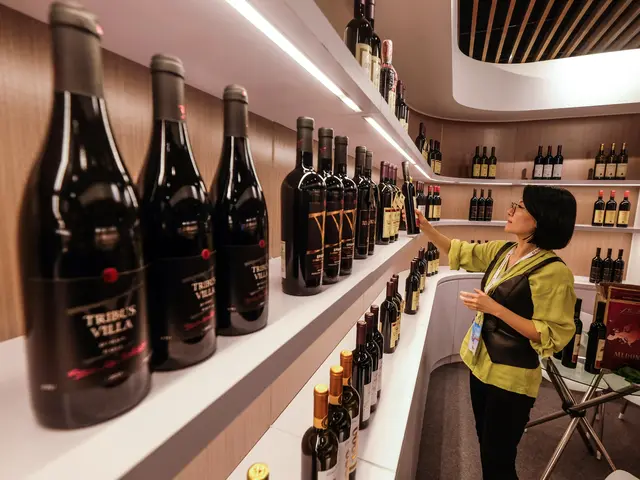Bathed in the spring sunshine of Chengdu in southwestern China, Vito Locastro, who runs a wine club, joyfully recommends a red wine made thousands of miles away in his family vineyard in Sicily. "The Salemi is a perfect match for Sichuan hot chilies," said the 72-year-old man, who named the red wine after his hometown in Italy.
In China, people start to reclaim their social life as COVID-19 has been basically brought under control, which uplifted Locastro, who is fond of making friends.
Locastro came to China in the 1990s and worked for an Italian telecommunication company. He settled down in Chengdu after retirement and founded his own wine club, which also serves as a bridge for many international cultural exchange activities.
The Italian man said he did not care much about his red wine business being disrupted by the COVID-19 outbreak, but more about the bonds of friendship formed by the vino.
He said he was glad to see Sichuan send medical teams to assist Italy's fight against the virus.
Italian doctors dashed in and offered medical assistance following the 2008 Wenchuan earthquake, and men should help each other like this, he added.
Locastro's friends from all across the country had sent him messages to check how he was doing during the virus outbreak. As an expat in China, he quarantined at home, wore masks and heeded social distancing, just like many Chinese.
With the help of his Chinese friends, Locastro made a big purchase from a local mask manufacturer in Chengdu and sent the essentials to Sicily in mid-March.
He shared experience in epidemic prevention and control with his friends in other countries, and talked to his daughters in Milan on the phone every day, telling them how to better protect themselves.
"We were so lucky that we have followed the advice from experts, avoid going out and use masks," he said.
Locastro believed that the purpose of home-quarantine was not only for the protection of those who stayed at home but also for the protection of their families, the medics fighting on the front lines as well as all susceptible groups.
"Staying at home for some time was not as difficult as some people thought it would be," Locastro said. He used the time to reflect upon himself and learn Chinese.
"I think young people in Europe and the United States could also use this time to think about whether they should give up something to better safeguard themselves and their families," he said.
"The epidemic knows no borders or race. It is the common enemy of mankind and it's time to place our differences aside and work together for a common purpose," he said.
 简体中文
简体中文











